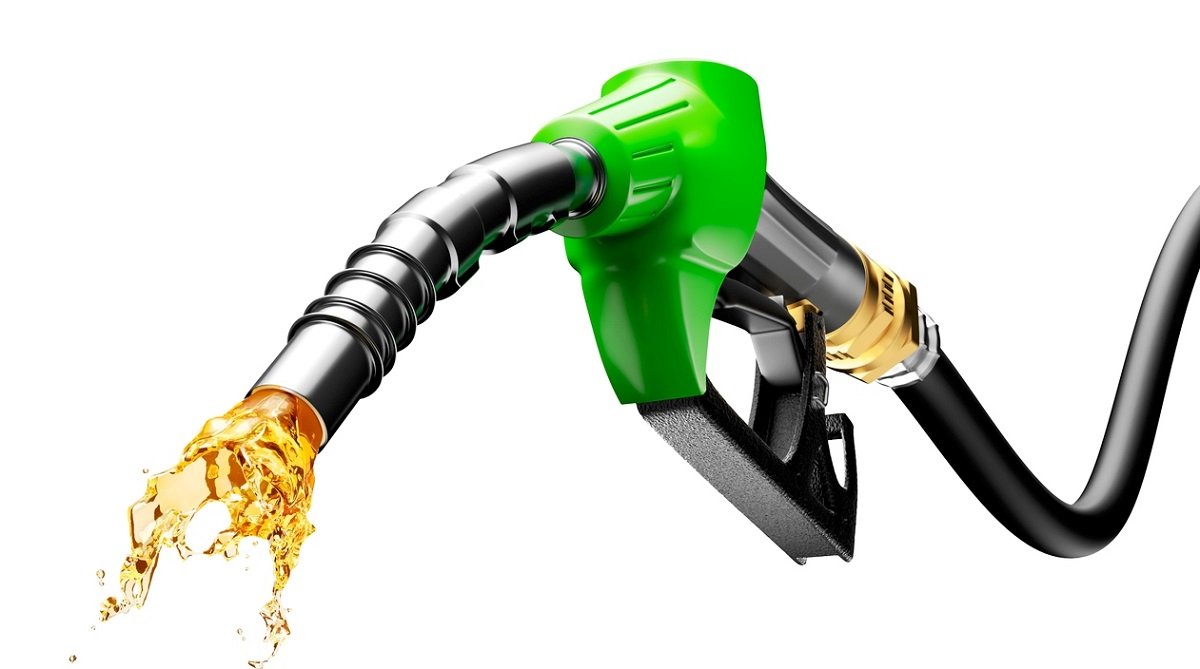

Why Smaller Engines Dont Necessarily Mean Lower Fuel Consumption
In the realm of automobiles, there has long been a prevailing belief that smaller engine capacities equate to lower fuel consumption. While there’s some truth to it, it’s not always the whole story! Buckle up as we shift gears and debunk some myths about engines and fuel consumption.
Engine size isn’t everything. While smaller engines typically sip fuel compared to their larger counterparts, other factors significantly impact real-world fuel economy. Imagine a classic fuel-guzzling 1.3L hatchback next to a modern 2.0L turbocharged SUV. The SUV might surprise you with similar or even better fuel efficiency! Here’s why:
Technology:
Newer cars often boast more efficient engines, even if they’re larger. Technologies like direct injection and automatic engine stop-start can drastically reduce fuel intake. The efficiency of an engine plays a pivotal role in determining fuel consumption. Modern car manufacturers are investing heavily in research and development to enhance the efficiency of engines, regardless of their size. In some cases, a larger engine equipped with advanced technology can outperform its smaller counterpart. These engines leverage technologies such as direct injection, turbocharging, and variable valve timing to optimize fuel combustion, resulting in impressive fuel economy figures.
Weight:
While it’s commonly assumed that smaller cars are more fuel-efficient, a larger SUV with a more powerful engine can achieve better fuel economy. The SUV’s strength allows it to effortlessly propel its bigger and heavier frame, reducing the strain on the engine, particularly during highway driving or uphill climbs. This efficiency results in improved fuel economy, as the powerful engine doesn’t have to work as hard, akin to a strong cyclist covering more distance with less effort. Therefore, the relationship between engine power, vehicle size, and fuel efficiency challenges the conventional belief that smaller engines always translate to better fuel economy.
Driving Style:
This is the ultimate curveball! Drive that SUV like a rally racer, and you’ll guzzle gas faster than a matatu on Moi Avenue. Your driving style is a secret ingredient in the fuel efficiency recipe. Picture your SUV as a versatile athlete – if you push it hard with sudden accelerations and abrupt stops, it’s like making it sprint in a race, consuming fuel at a rapid pace. On the other hand, if you drive calmly on open roads, it’s akin to a leisurely stroll for the SUV, and you might be pleasantly surprised by its fuel efficiency. Just like how a runner paces themselves in a marathon, your driving habits greatly influence how much fuel your car consumes. So, whether you’re zooming like a rally racer or cruising steadily like a seasoned highway driver, your driving style plays a crucial role in determining how far each drop of fuel can take you.
Conclusion
Don’t automatically assume a smaller engine equals better fuel economy. Consider the car’s weight, the technology used, and how you drive. Most importantly, enjoy the ride, whether you’re behind the wheel of a zippy Yaris or a spacious X-Trail!
Add a comment Cancel reply
Categories
- Car Gadgets (17)
- Car News (33)
- Car Reviews (43)
- Car Wars (7)
- Mechanicals (32)
- Uncategorized (2)
Recent Posts
About us

Popular Tags
Related posts


Volkswagen Beetle: The Most Successful Car Ever

Kia Sorento 2022 Review








